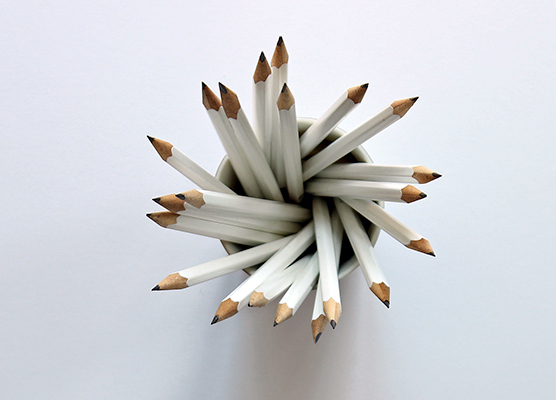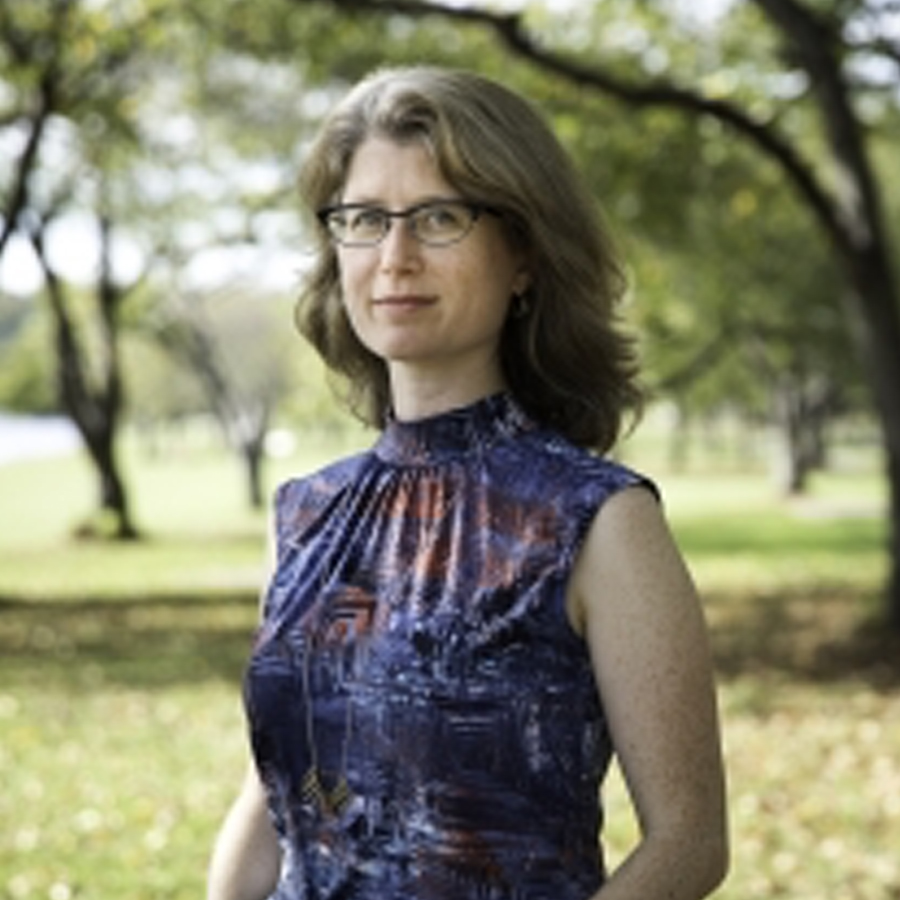
This course takes a critical and practical approach to the art of editing. Is the editor simply a “failed writer,” as T. S. Eliot claimed, or is good editing the key to a writer’s clarity and integrity? In addition to exploring theories and histories of the red pen—including Marianne Moore’s five-decade quest to revise a single poem and the editor who was discovered to have invented Raymond Carver’s distinctive narrative style—we immerse ourselves in the technical aspects of editing, covering such topics as the difference between developmental and line editing, the merits of MLA and Chicago style, proofreading in hard copy and digital environments, and when to wield an em dash. Students gain practical editing experience, learn about a range of different levels of editorial interventions, and investigate the politics of language usage and standards. This course is suitable for aspiring copyeditors or any writer who wants to polish up their grammar and punctuation skills.
You have the option to enroll in the individual course without committing to the entire Certificate in Creative Writing, enjoying the flexibility and expertise offered by Penn LPS Online to suit your schedule and interests.
*Academic credit is defined by the University of Pennsylvania as a course unit (c.u.). A course unit (c.u.) is a general measure of academic work over a period of time, typically a term (semester or summer). A c.u. (or a fraction of a c.u.) represents different types of academic work across different types of academic programs and is the basic unit of progress toward a degree. One c.u. is usually converted to a four-semester-hour course.
Instructor
- Faculty Director, Penn LPS Online Certificate in Creative Writing
- Director, Creative Writing Program
Julia Bloch received a BA in political philosophy at Carleton College, an MFA in creative writing/poetry at Mills College, and an MA and PhD in English literature at the University of Pennsylvania. She is the author of three books of poetry: Letters to Kelly Clarkson, a finalist for the Lambda Literary Award; Valley Fever; and The Sacramento of Desire. Julia’s poetry, reviews, and essays have appeared or are forthcoming in Journal of Modern… Read more

